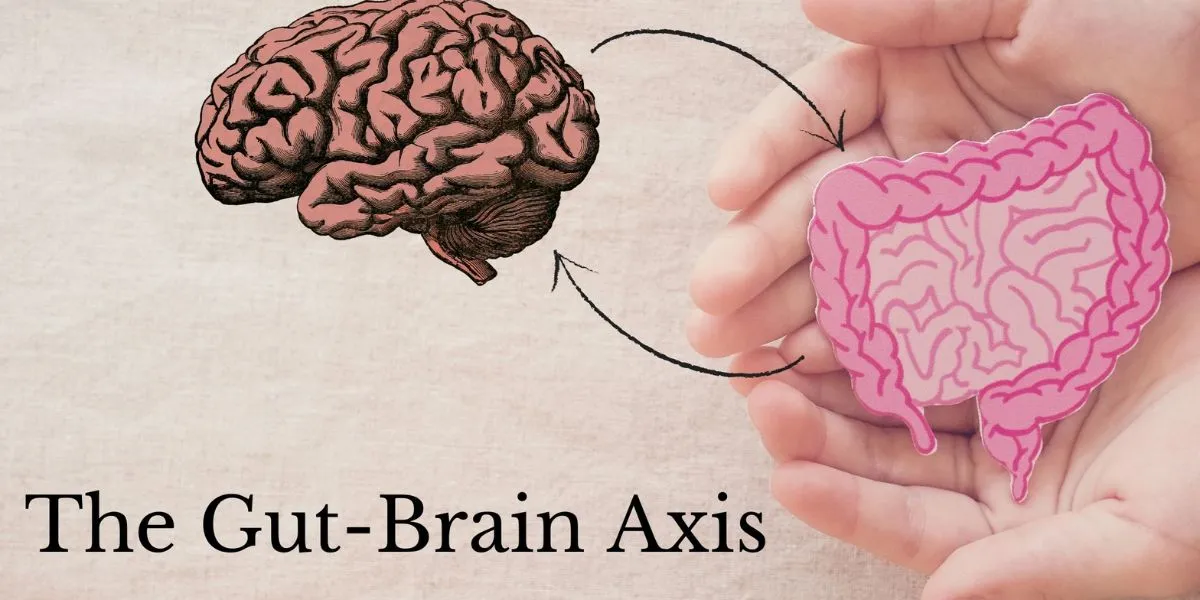How does understanding the intricate dance between our brains and bodies pave the way for a healthier, more vibrant life?
In the age of digital learning, the question of how online education impacts our well-being becomes increasingly important. While the convenience and flexibility of online courses are undeniable, concerns linger about the potential downsides for focus, cognitive function, and overall health.
A new study is delving into this complex interplay, investigating the connection between online learning and brain-body harmony.
The Harmony Hypothesis

The core idea behind this research is the “harmony hypothesis.” This theory proposes that optimal learning environments promote a state of brain-body harmony. This state is characterized by:
- Focused attention: the ability to concentrate on the learning material without distractions.
- Enhanced cognitive function: improved memory, information processing, and critical thinking skills.
- Physical well-being: a balanced hormonal response, reduced stress levels, and a sense of physical comfort.
The Online Learning Landscape
Online learning platforms offer a vast array of educational opportunities. However, they also present unique challenges:
Increased distractions: The digital environment is rife with potential distractions, from social media notifications to email alerts.
Reduced physical activity: Online courses often involve extended periods of sitting, leading to decreased blood flow and potentially cognitive decline.
Eye strain: Staring at screens for prolonged periods can contribute to eye fatigue and headaches.
In a recent tweet (May 2nd, 2024), Dr. Kate Z Duncan (@DrKatyDuncan) highlighted the T7 vertebra, calling it a “powerhouse in maintaining harmony within your body!
🌟 VERTEBRA SPOTLIGHT: T7! 🌟
T7, bigger than T6, plays a pivotal role! Housing a nerve that communicates between your brain, pancreas, spleen, and duodenum, it's a robust central vertebra connected directly to the ribcage. A powerhouse in maintaining harmony within your body! pic.twitter.com/hKKducqRtu
— Dr. Kate Z Duncan (@DrKatyDuncan) May 2, 2024
The Study’s Approach
Researchers are employing a multi-pronged approach to investigate the online learning environment:
- Brain imaging: Techniques like functional magnetic resonance imaging (fMRI) may reveal patterns of brain activity associated with focused learning in online settings.
- Physiological monitoring: Tracking heart rate, blood pressure, and other physiological markers can provide insights into the body’s response to online learning.
- Self-reported data: Students will be asked to report their experiences with focus, fatigue, and overall well-being during online courses.
Looking Ahead
The findings of this study have the potential to revolutionize online learning. By understanding the intricate connection between the brain, body, and online education, researchers can develop strategies to:
- Optimize online learning platforms: Features like built-in breaks, focus prompts, and ergonomic design elements could be implemented.
- Develop personalized learning experiences: tailoring online courses to individual learning styles and preferences could promote better engagement and well-being.
- Promote healthy online learning habits: Educating students about the importance of breaks, physical activity, and proper screen use could significantly enhance the online learning experience.
The Takeaway
The online learning revolution is here to stay. By investigating the interplay between brain, body, and online education, researchers can unlock the full potential of this powerful learning tool. By fostering brain-body harmony in online learning environments, we can ensure that students not only gain knowledge but also maintain their physical and mental well-being.
Data and Updates
While the specific details of this hypothetical study haven’t been revealed, it reflects the growing trend in educational research that focuses on the holistic well-being of students in online learning environments.
Here are some recent advancements in this field:
- A 2023 study published in the journal “Computers & Education” found that incorporating short mindfulness exercises into online courses led to improved student focus and reduced stress levels.
- A 2022 report by the Educational Leadership Organization highlighted the importance of designing online courses with ergonomics in mind, promoting proper posture, and using screen breaks to minimize physical discomfort.
As research progresses, we can expect further exciting developments in creating online learning environments that promote not just academic success but also overall student well-being.